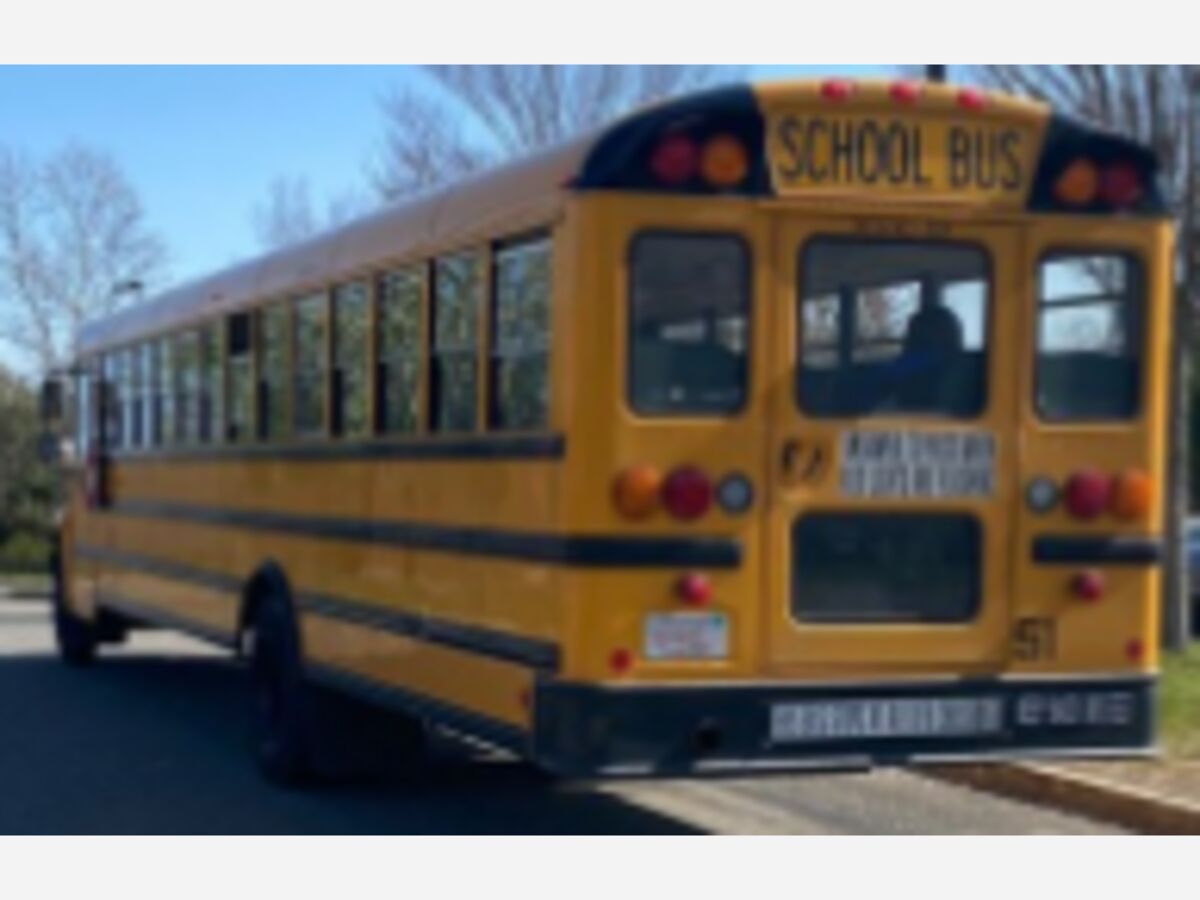Image

The Senate Ways and Means Committee's proposal to double the typical increase in unrestricted general government aid excited the mayors, town administrators and school committee members who met virtually Tuesday afternoon, but they also asked the House and Senate to pay attention to big spikes in student transportation costs.
During the Baker era, the governor and Legislature have made a habit each budget cycle of increasing unrestricted local government aid at the same rate as the anticipated growth in state revenues. Using that methodology, the fiscal year 2023 budgets put forward by Baker and the House both include a $31.5 million or 2.7 percent increase in local aid.
But the Senate, in the budget bill unveiled by leadership Tuesday and planned for debate later this month, proposes to double the increase amount to $63.1 million, for a total $1.23 billion in UGGA money. The boost was warmly received by the Local Government Advisory Commission, whose members have previously argued that cities and towns were being shortchanged by not getting a piece of the state's surplus tax revenue.
"It's my understanding that in the Senate version that just came out, that unrestricted state aid is up 5.4 percent, which we're obviously really excited about and will make a tremendous difference in tight budget years for many cities and towns," Revere Mayor Brian Arrigo said during the LGAC meeting.
Massachusetts Municipal Association Executive Director Geoff Beckwith said the Senate's higher proposed local aid level will be a tremendous help to cities and towns where for "really one of the first times in a long while," municipal revenues are locked in under Proposition 2 1/2 and are unable to keep up escalating costs during this time of sky-high inflation.
"This will really help communities. It won't solve the problem, but by getting closer to the real inflation that our members, the cities and towns across the state, are facing will really help close some parts of the budget gaps that cities and towns are facing based on unexpected rise in everything from transportation, materials and labor," he said. Beckwith added, "We're really hopeful that that $63 million increase in unrestricted general government aid will hit the governor and lieutenant governor's desk."
Arrigo also pointed to parts of the House's $49.7 billion fiscal 2023 budget that he and other local officials like, including increases in Chapter 70 school aid, charter school mitigation payments, and increases in the special education circuit breaker. But he also called attention to an issue that he said Revere and "many other communities are struggling with," the cost of school transportation.
"We've seen an increase of $3 million. That line item now is in the same ballpark as my police, fire, DPW as an eight-figure, eight-digit budget," Arrigo said. "What's driving that, what we've seen, is there's really no competition between the folks that are providing the services to transport our students. We put out to bid our proposal and we got one vendor back and so they really have us over a barrel. With rising fuel costs, the difficulty of finding staff, they're really just naming their price and we have to go along with it."
Newton Mayor Ruthanne Fuller, who also serves as president of the Massachusetts Municipal Association, chimed in to say that her city also recently went out to bid for school transportation services and got one bid back that represented an 8 percent increase in the cost to the city.
Andrea Wadsworth, president of the Massachusetts Association of School Committees and a member of the Lee School Committee, said her organization would like to see the Legislature create a funding formula for local school district transportation.
"This will help school districts like Lee School District, who funds more than $400,000 in expenditures through the town budget. We went out to bid just recently also with one vendor and it becomes a monopoly," she said. "And we ask that there be some sort of mitigation for districts that have a single bid."
The comments about school transportation costs caught the attention of Lt. Gov. Karyn Polito, who said it is "a perfect storm when you have not enough competition, rising fuel costs and labor that's unpredictable."
"So that is a challenge, for sure. So thank you for sharing that with us," Polito said. "I don't think it's a surprise to anyone that that is occurring, but at the same time, what do we do about that?"--SHNS